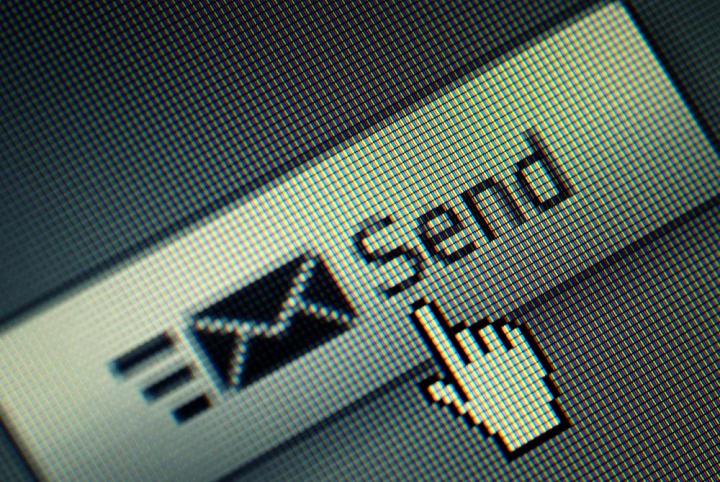
A contractor working for Goldman Sachs recently did just that, and now the Wall Street giant is attempting to secure a court order to get Google to delete it, Reuters reported Wednesday.
The email, which was mistakenly sent to a gmail.com account instead of a gs.com one, contained “highly confidential brokerage account information,” Goldman said in its complaint, adding that it had to be deleted to avoid a “needless and massive” privacy breach.
The mishap occurred on June 23 as an outside contractor tested work being done on the bank’s internal systems. According to Reuters, the contractor emailed her report, which included information on clients, to the wrong address by accident.
A couple of days later Goldman Sachs went to Google and asked for the email to be deleted, but the Mountain View company said it could only look into matter if it received a court order.
Contact attempt
The investment bank has apparently followed up the first email with others in an effort to establish contact with the recipient, but has heard nothing back. It now wants Google’s help in deleting the email and identifying the recipient.
We aren’t sure what benefit Goldman Sachs sees in deleting an email that will have been sitting in someone’s Inbox for 10 days or so. Either the recipient has already read it, or their account is inactive, in which case the email will never be opened anyway.
If the account is active, the bank’s follow-up emails and court action will only have alerted the recipient to its importance, whereas initially it may have looked like nothing more than yet another irritating spam email.
The bank is clearly keen to ‘unsend’ this email, and is willing to go to court in an effort to get the job done.
“Emergency relief is necessary to avoid the risk of inflicting a needless and massive privacy violation upon Goldman Sachs’ clients, and to avoid the risk of unnecessary reputational damage to Goldman Sachs,” it said in its complaint, adding, “By contrast, Google faces little more than the minor inconvenience of intercepting a single email – an email that was indisputably sent in error.”


